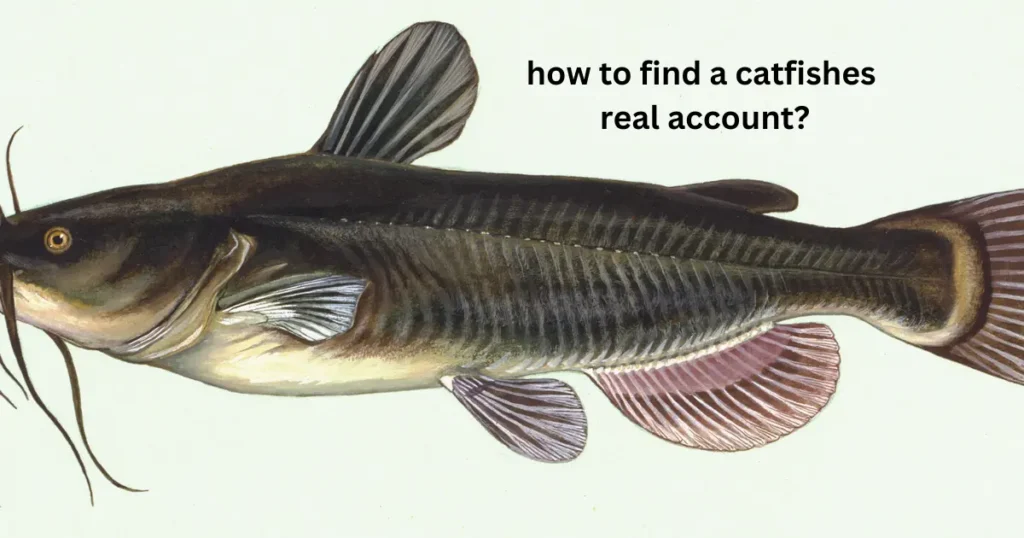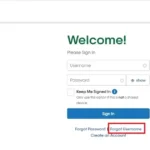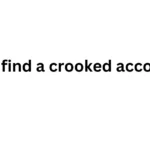Have you ever chatted with someone online who seemed too good to be true? Maybe their pictures were perfect, their stories were amazing, and they always seemed to know the right thing to say. But something just didn’t feel right. You might be dealing with a catfish.
A catfish is someone who creates a fake online profile to trick people. They may use phony pictures, made-up names, and elaborate lies to build relationships with others. Catfishers can be looking for love, attention, or even money. Sometimes they just want to hurt people.
Luckily, there are ways to find a catfish’s real account and see who is really behind the mask. This article will show you how to spot a catfish and uncover their true identity.
Spotting the Signs of a Catfish
Before you start digging for a catfish’s real account, it’s important to know how to spot one. Here are some red flags that might signal you’re dealing with a fake profile:
- Too perfect: Their photos look like they belong in a magazine, and their life seems unbelievably awesome.
- Avoidance: They always have an excuse to avoid video calls or meeting in person.
- Few friends or interactions: Their social media accounts are new or have very few friends and interactions.
- Inconsistent stories: The details they share about their life don’t always add up.
- Quick to profess love: They say “I love you” very early in the relationship.
- Always needing help: They constantly ask for money or favors.
If you notice any of these signs, it’s time to start investigating.
How to Find a Catfish’s Real Account
There are several tools and techniques you can use to unmask a catfish. Here are some of the most effective methods:
Reverse Image Search
This is one of the easiest and most reliable ways to find a catfish’s real account. Catfishers often steal photos from other people’s profiles or websites. By doing a reverse image search, you can see where else the image appears online.
Here’s how to do it:
- Save the picture: Right-click on the profile picture you want to investigate and save it to your computer.
- Go to Google Images: Open your web browser and go to images.google.com.
- Upload the picture: Click on the camera icon in the search bar and upload the saved picture.
- See the results: Google will show you all the websites where that image appears.
If the image shows up on someone else’s social media profile with a different name, or on a stock photo website, you know you’re dealing with a catfish.
Username Search
Many catfishers use the same username across multiple platforms. Try searching their username on different social media sites, forums, and websites. You might find their real account or other fake profiles they have created.
Social Media Deep Dive
If you have a few details about the person, like their name, location, or school, you can use this information to find their real social media accounts. Look for accounts that match their description and see if their photos and information are consistent with what they have told you.
Check Their Online Footprint
Most people have some kind of online presence. Try searching their name on Google, LinkedIn, or other websites. If they have a common name, you can narrow down the search by adding their approximate age, location, or profession.
Use People Search Engines
There are specialized search engines that can help you find information about people. These sites collect data from public records, social media, and other sources. Some popular people search engines include:
| Search Engine | Description |
|---|---|
| Pipl | Searches for people by name, email address, username, or phone number. |
| Spokeo | Provides background checks, contact information, and social media profiles. |
| BeenVerified | Offers public records searches, social media checks, and address lookups. |
While these search engines can be helpful, keep in mind that they may require a paid subscription to access full information.
Ask Direct Questions
If you suspect someone is catfishing you, don’t be afraid to ask them direct questions about their life. Pay attention to their answers and look for any inconsistencies or evasive behavior. You can also ask them to video chat or meet in person. A catfish will likely make excuses or avoid these requests.
Trust Your Gut
Sometimes, the best way to spot a catfish is to trust your instincts. If something feels off about the person or their story, don’t ignore it. It’s better to be safe than sorry.
Protecting Yourself from Catfishers
Here are some tips to help you stay safe online and avoid being catfished:
- Be cautious about who you connect with online. Don’t accept friend requests or engage in conversations with people you don’t know in real life.
- Limit the personal information you share online. Avoid sharing your address, phone number, or financial details with people you’ve only met online.
- Be wary of people who seem too good to be true. If someone’s profile seems perfect or they are quick to profess their love, be suspicious.
- Do your research. If you’re unsure about someone, do a reverse image search, check their social media profiles, and look for any inconsistencies in their story.
- Trust your instincts. If something feels off about a person, don’t ignore it.
Conclusion: Unmasking the Truth
Catfishing can be a hurtful experience, but by learning how to spot the signs and using the right tools, you can protect yourself from online deception.
Remember to be cautious about who you connect with online, do your research, and trust your gut. If you suspect someone is catfishing you, don’t hesitate to take steps to uncover their true identity. By being vigilant and informed, you can enjoy a safer and more authentic online experience.
FAQs
How can I find out if someone is using a fake name on social media?
You can try searching their name on different social media platforms and see if their profiles and information are consistent. You can also use people search engines to find out if they have used other names in the past.
What should I do if I find out I’m being catfished?
If you discover you’re being catfished, it’s important to stop all communication with the person immediately. You can also report their profile to the social media platform where you encountered them. If you feel threatened or harassed, you should contact the authorities.
Can catfishers be prosecuted?
In some cases, yes. If a catfish has used their fake identity to commit fraud, harassment, or other crimes, they can face legal consequences.
How can I protect my child from being catfished?
Talk to your child about the dangers of online catfishing and encourage them to be cautious about who they connect with online. Monitor their online activity and teach them how to recognize the signs of a catfish.
Are there any resources available for victims of catfishing?
Yes, there are many resources available to help victims of catfishing. You can find support groups, counseling services, and online resources that offer advice and assistance.







